A look at the advances in oncology in 2024
Institutional Communication Service
Professor Silke Gillessen, Full Professor at the Faculty of Biomedical Sciences of Università della Svizzera italiana (USI), Medical Director of the Oncology Institute of Southern Switzerland (IOSI) and member of the Senate of the Swiss Academy of Medical Sciences (SAMS), talked to SEIDISERA (Rete Uno - RSI) about the main advances in oncology in 2024.
One of Professor Silke Gillessen's significant achievements is organising the APCCC Congress, dedicated to prostate cancer. This conference brought together specialists from various disciplines, including urologists, oncologists, radiotherapists, radiologists, and pathologists, from around the globe. More than 800 attendees participated in the event.
Reflecting on the most significant breakthroughs in 2024, Professor Gillessen highlighted three major innovations: "One significant innovation in cancer treatment is radioligand therapy. This approach to radiotherapy accurately identifies tumour cells, allowing for targeted treatment. Additionally, we can now personalise cancer treatment, moving away from the traditional methods of surgery, chemotherapy, and radiotherapy, which were not tailored to individual patients. Another positive aspect of recent advancements involves understanding how patient characteristics—such as age, gender, and genetics—affect responses to treatment". Because of this last element, genetic tests are increasingly being carried out, in which considerable progress has been made.
Medicine, like society in general, has also changed due to technological developments. One of these is related to the introduction of telemedicine. "With COVID-19, we have implemented telemedicine, conducting many visits via video conferencing platforms like Zoom. Although I personally prefer in-person contact with patients, I recognise that telemedicine can be useful as it enables me to connect with patients from around the world. Recently, I had the opportunity to speak with patients living in distant countries to check on their well-being. However, I still believe nothing compares to meeting them in person".
One notable technological advancement involves using Artificial Intelligence (AI) for diagnostics. According to Professor Gillessen, AI is highly effective in this area. In the United States, initial prototypes have been developed to assess whether a patient is responding positively to a particular therapy. However, this technology is still in its early stages of development.
For Professor Gillessen, however, one of the main developments concerns immunotherapy: "We have learned how to harness the patient's own immune system to target cancer. This is, in my opinion, one of the most fascinating discoveries in recent times. This method is effective for various types of cancer, including melanoma, which had long eluded a cure".
The USI professor emphasised how prevention plays a key role, for example by preventing obesity or cervical cancer (through vaccination against the papillomavirus). This will make it possible, in the future, not only to live longer but also to live healthier.
In conclusion, Professor Gillessen recalled how medicine has made a lot of progress in recent years, but "it is essential to communicate with the patient to understand what they truly want and need, as the individual is much more than just their cancer".
The full interview with Professor Silke Gillessen, aired on SEIDISERA (Rete Uno - RSI) is available at the following link ( from minute 29:35, Italian only).




